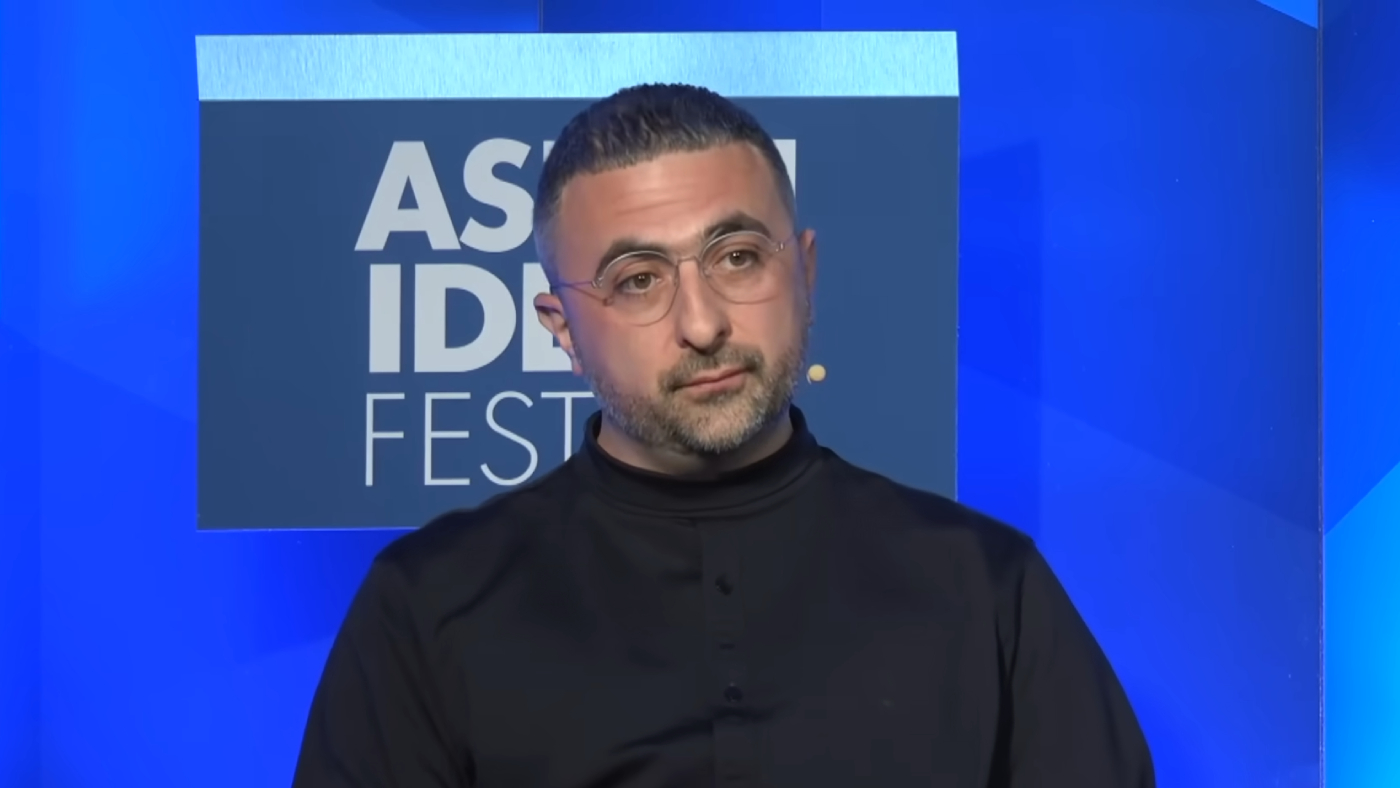At the Aspen Ideas Festival, the CEO of Microsoft AI, Mustafa Suleyman, delivered a comprehensive overview of the future landscape of artificial intelligence. In a session that covered the rapid advancements in AI and its broader societal implications, Suleyman offered a vision of an AI-driven future that is as promising as it is fraught with challenges.
Watch Suleyman's full discussion here at the Aspen Ideas Festival.
The Promise of AI: Advancements and Integration
Artificial intelligence has reached a pivotal stage in its evolution, transitioning from experimental technology to a fundamental component of everyday life. Suleyman began by addressing the exponential growth of AI, noting that what seemed like incremental advancements from a historical perspective are, in reality, exponential leaps. Today, AI technologies are not only enhancing existing applications but are also paving the way for autonomous systems that manage our daily activities and decisions, potentially redefining human interaction with technology.
One of the key highlights of his talk was the discussion on the commoditization of AI. As major corporations like Google, Apple, and Amazon develop their own sophisticated AI systems, there's a real possibility that such technologies could become as commonplace and accessible as web development tools are today. This ubiquity could lead to a decrease in the unique value of individual AI models, as AI capabilities become a standard feature across digital platforms.
Sustainability and Ethical Considerations
A significant portion of the discussion was dedicated to the sustainability challenges posed by AI. Suleyman emphasized the heavy energy demands of large-scale AI systems, which require unprecedented amounts of computational power. He argued for the urgent need for radical infrastructure upgrades to support these technologies in a sustainable manner. According to him, investing in renewable energy sources and updating power grids should be as prioritized as other national infrastructure projects.
The ethical dimensions of AI were also a central theme. Suleyman pointed out the risks associated with AI, particularly in areas such as privacy, security, and misinformation. The potential for AI to influence public opinion, especially in political contexts, is a pressing concern that demands careful regulation and thoughtful integration. He advocated for a measured approach to deploying AI in sensitive areas, suggesting that the integration of AI into democratic processes should be handled with caution to preserve human-centric governance.
Emotional Intelligence and AI
Perhaps one of the more intriguing aspects of Suleyman’s presentation was his discussion on AI and emotional intelligence. He talked about Microsoft AI’s project 'Inflection', which aims to enhance AI's emotional quotient to better understand and interact with human emotions in a respectful and even-handed manner. This move towards emotionally intelligent AI could revolutionize customer service, therapy, education, and many other fields by providing a more empathetic and responsive interaction model.
The Road Ahead: Regulation and Global Impact
On the regulatory front, Suleyman called for a proactive approach to AI governance. He highlighted the ongoing efforts by tech leaders to seek regulation that keeps pace with technological advancements, ensuring AI benefits society without causing inadvertent harm. The need for a global framework to manage AI’s international implications was also stressed, underscoring the importance of collaboration between governments and the private sector to navigate the complex web of AI ethics, safety, and governance.
Conclusion: A Call for Responsible Innovation
In conclusion, Mustafa Suleyman's talk at the Aspen Ideas Festival painted a detailed picture of a future where AI is deeply integrated into the fabric of society. While the advancements in AI promise to bring about profound changes in how we live and work, they also require a balanced approach to harness their benefits while mitigating risks. The path forward, as outlined by Suleyman, involves robust investment in infrastructure, thoughtful regulation, and a commitment to ethical standards that prioritize human welfare. As AI continues to evolve, the collective challenge will be to ensure it serves as a tool for enhancement rather than an agent of division.
By weaving together insights on technological advancement, ethical considerations, and the potential for societal impact, the discussion at the festival highlighted the multifaceted nature of AI and its trajectory in the coming years. It’s clear that as much as AI is about algorithms and computational power, its future will be defined by how well humanity can steer its course towards inclusive and sustainable outcomes.

